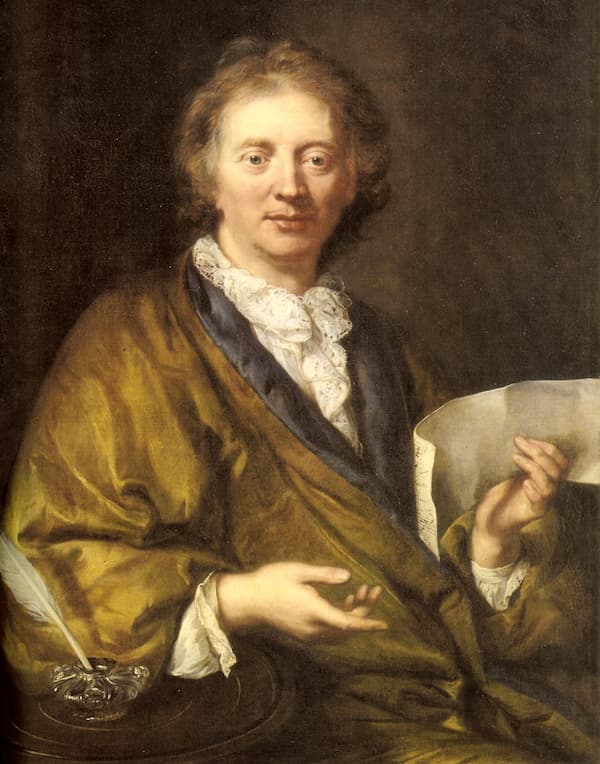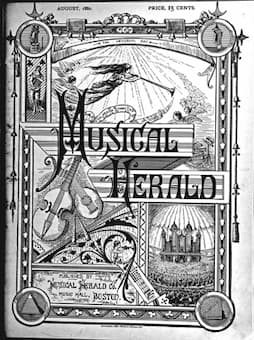
Musical Herald
For a good many people, including some practicing musicians, music history can be a somewhat distant and dry subject. Educators, scholars and critics have long searched for ways to make this particular subject more palatable. The Musical Herald started publishing original articles on composers, music instrument, criticism, reviews and the likes in January 1880. It subsequently became known as the Boston Musical Herald and the Musical Herald of the United States. In all, it issued fourteen volumes through November 1893, with the final year published in Chicago. The publication provided a short history of music in a series of delightful limericks published in 1888. It never claims to have been anything more than a short and funny history of music, but some of the omissions are indeed curious. There is no Bach, Mozart, Wagner or any of the Italian operatic repertory, providing a good barometer of what was actually popular at that particular time and place. History, musical or otherwise, has a funny way of rearranging itself over time. What a shame that the publication wasn’t around long enough to deal with Schoenberg, Berg and Webern.
And here is the short history of music with the corresponding musical examples.
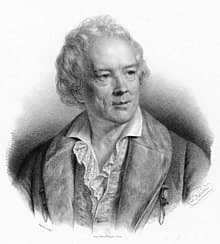
Christoph Willibald Gluck
An ancient musician named Gluck
The manner Italian forsuck;
He fought with Piccinni
Gave way to Rossini
You’ll find all his views in a buck.
Christoph Willibald Gluck: Orfeo ed Euridice, Act III: “Che faro senza Euridice” (Marjana Lipovšek, mezzo-soprano; Munich Radio Orchestra; Giuseppe Patanè, cond.)
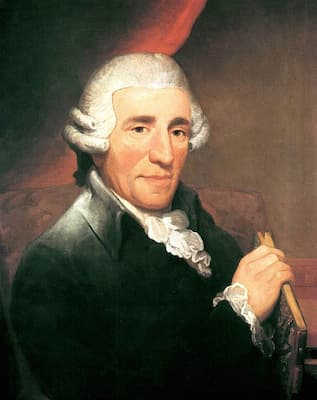
Joseph Haydn
Another composer, named Haydn
The field of Sonata would waydn;
He wrote the Creation
Which made a sensation
And this was the work which he daydn’n.
Joseph Haydn: The Creation, Part II “The great work is complete” (Sunhae Im, soprano; Jan Kobow, tenor; Hanno Müller-Brachmann, bass-baritone; Cologne Vocal Ensemble; Capella Augustina; Andreas Spering, cond.)
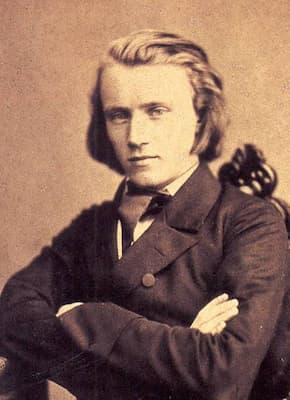
Johannes Brahms
A German composer named Brahms
Caused in music the greatest of qualms;
His themes so complex
Some people would vex
From symphonies down to the psalms.
Johannes Brahms: Der 13. Psalm, Op. 27 (North German Radio Chorus; Gunter Jena, cond.; Gerhard Dickel, organ)
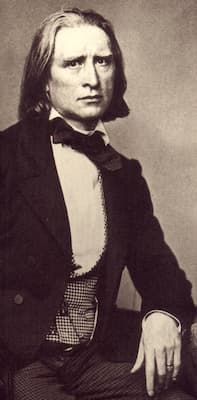
Franz Liszt
There was a composer named Liszt
Who from writing could never desizst;
He made Polonaises
Quite worthy of praises,
And now that he’s gone, he is miszt.
Franz Liszt: 2 Polonaises, No. 1 “Polonaise melancolique” (Vincenzo Maltempo, piano)

Daniel-François Auber
There was a composer named Auber
Who seldom was somber or sauber.
Yet he held aloof
From the opera bouffe,
But he lived past life’s golden Octauber.
Daniel-François Auber: Fra Diavolo, Act II “Si, domani” (Cecilia Fusco, soprano; Paolo Mazzotta, tenor; Giuseppe Campora, tenor; Alfredo Mariotti, bass; Romano Grigolo, tenor; Trieste Teatro Giuseppe Verdi Chorus; Trieste Teatro Giuseppe Verdi Orchestra; Arturo Basile, cond.)
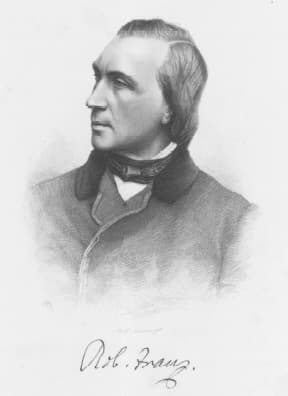
Robert Franz
The noble composer named Franz
Did his best German songs to enhanz;
He settled in Halle
Way down in the Valle
As old age began to advanz.
Robert Franz: 6 Gesänge, Op. 28, No. 1 “I love a flower” (Markus Kohler, baritone; Horst Göbel, piano)
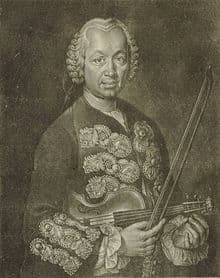
Johann Gottlieb Graun
A German composer named Graun
When Frederick came to the Croun
Composed a motette
Which, don’t you forgette,
Was rather too good to put doun.
Johann Gottlieb Graun: Trio Sonata in G Major (Berliner Barock-Compagney)
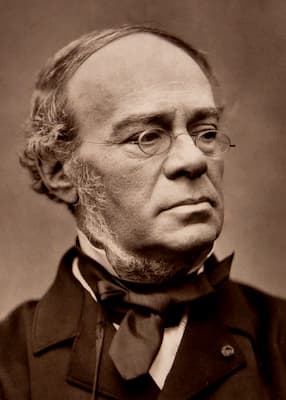
Fromental Halévy
That eminent Frenchman, Halévy
Ne’er fought in the army or nevy.
Yet musical works
He never would shork;
He always ate turkey with gravy.
Fromental Halévy: La Juive, Act IV “Rachel, quand du Seigneur” (José Carreras, tenor; Ambrosian Opera Chorus; Philharmonia Orchestra; Antonio de Almeida, cond.)

Louis Spohr
There was a composer named Spohr
Whose works were a hundred or mohr.
His great work Jessonda
Long time was a wonda;
But now his successes are o’hr.
Louis Spohr: Jessonda, Act III “Ich hatt’ entsagt der Erde Freuden” (Júlia Várady, soprano; Hamburg Philharmonic State Orchestra; Gerd Albrecht, cond.)
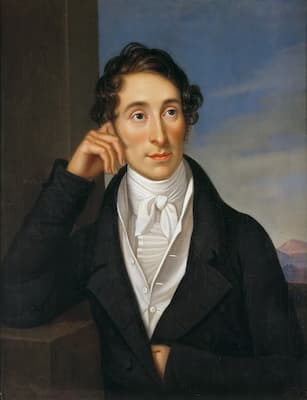
Carl Maria von Weber
And lastly we speak about Weber
Who wrote without trouble or leber
He ne’er was pedantic
But always romantic
And Meyerbeer oft was his neber.
For more of the best in classical music, sign up to our E-Newsletter
Carl Maria von Weber: Der Freischütz, Act I “Schweig! Damit dich niemand warnt” (Dresden Staatskapelle; Colin Davis, cond.)

